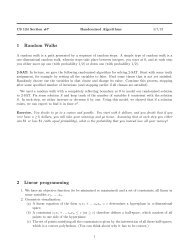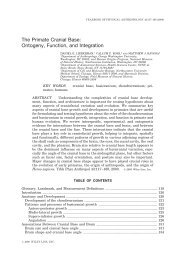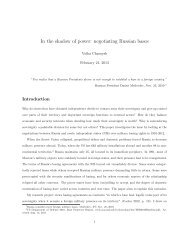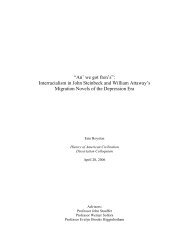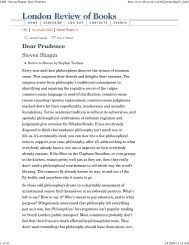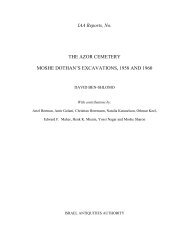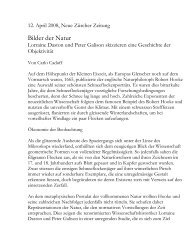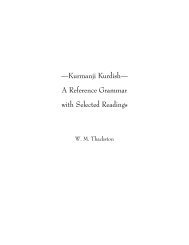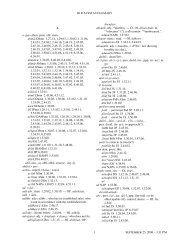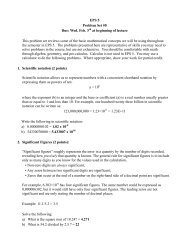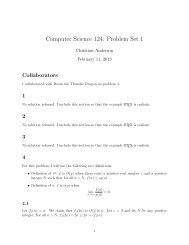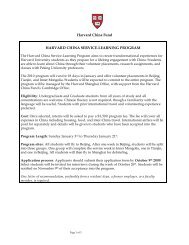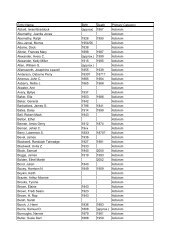—Kurmanji Kurdish— A Reference Grammar with Selected Readings
—Kurmanji Kurdish— A Reference Grammar with Selected Readings
—Kurmanji Kurdish— A Reference Grammar with Selected Readings
Create successful ePaper yourself
Turn your PDF publications into a flip-book with our unique Google optimized e-Paper software.
If any one in a series of co-ordinated verbs in the past tense is transitive,<br />
the ergative construction takes precedence and the agent is marked.<br />
Rewşen Xanimê demekê bêdeng ma,<br />
kûr kûr fikirî û cigarek vêxist.<br />
Mme Rewshen remained silent for a<br />
moment, lost in her thoughts, and lit a<br />
cigarette.<br />
In the example above, neither ma nor fikirî is transitive, but since the final<br />
verb in the series, vêxist, is transitive and therefore ergative, the agent,<br />
Rewşen Xanimê, is in the oblique case.<br />
The ergative verb agrees in person and number <strong>with</strong> its patient (logical<br />
object), but since the patient is in the nominative case and unmodified plural<br />
nouns do not have an external plurality, the number is indicated only by the<br />
verb, as in the following examples. Compare:<br />
Wê kaxiz ji dest wî girt. She took the page from his hand.<br />
Wê kaxiz ji dest wî girtin. She took the pages from his hand.<br />
In the second example only the plural verb girtin indicates the plurality of<br />
the patient kaxiz.<br />
Me ew helbest xwend. We read that poem.<br />
Me ew helbest xwendin. We read those poems.<br />
Here only the plural verb xwendin indicates the plurality of the patient ew<br />
helbest.<br />
Just as in a series of co-ordinated nouns only the last noun shows case, in<br />
a series of co-ordinated past transitive verbs <strong>with</strong> a plural patient, only the<br />
last in the series shows the plural. In the following example, the patient,<br />
destên xwe ‘their hands,’ is plural, but only the second of the two verbs,<br />
anîn, shows the plurality.<br />
Havalan destên xwe bi hustiwên hev<br />
re bir û anîn.<br />
KURMANJI KURDISH<br />
The friends reached out and put their<br />
hands on each other’s necks.<br />
§ 18.3. Number Agreement in Extended Ergative Verbs. In the past<br />
tenses of compound verbs whose complements can be extended through the<br />
construct (like behs kirin ‘to discuss,’ which can be extended as behsa …<br />
50



